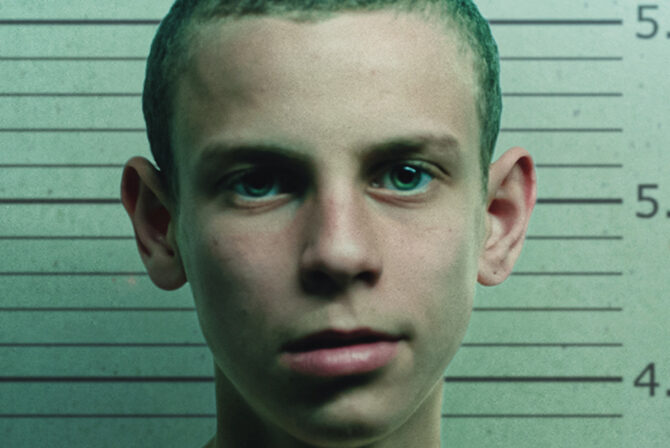Growing up as the youngest of three, I was the last to learn to ride a bike, roller skate (which I gave up altogether since I was so klutzy), play checkers, backgammon, and most other games. And although I loved playing with my older siblings and sometimes they showed mercy on me, I pretty much got creamed every time we played a game.
But my parents showed me a great deal of compassion. Whenever we arm-wrestled, played checkers, or Go Fish, they let me win most of the time. I still remember that incredible feeling when I won. It felt good.
My father and I used to play silly games in the car on the way to school when I was little. “What number am I thinking?” he’d ask. And no matter what number I said, he’d exclaim, “You’re right!” And I would squeal with delight. Instinctively, I knew never to try this game with my friends–this was something special between my dad and me.
He was gentle and generous as he taught me to play cards, or ride a bike, or learn to swim, or teach me to be the “banker” in Monopoly, when I was too young to understand the concept of the game and could barely mange to count in double digits.
My father died young–he was just 58. His illness appeared to have come on suddenly–Stage 4 Pancreatic cancer–when truthfully it had been brewing quietly for years. Faced with the devastating realization that at 58, he had just weeks to live, he tried to fill almost all his waking hours, when he wasn’t stricken with pain, sharing his fatherly advice to make up for all the years he would not be here.
Sometimes he would speak to us, my brother, sister, and me (21, 19, & 16) together, sometimes alone, so he could focus on what he thought we needed to hear most.
With me, the head-strong, mouthy baby of the family, he gave advice on school, family, and yes, marital advice–worried that his little spitfire would kick a man to the curb for the smallest transgression. And, of course, to be careful how I used my words.
As the days passed by, and his pain grew worse, he relied more on morphine, which left him weak and made him sleep. In a drug-induced fog sometimes he confused my mother with his mother, or me with my older sister. Witnessing the confusion of such an articulate, brilliant, self-taught man tore me apart. My father, never at a loss for words, barely had the strength to speak, the pain and cancer literally leaching the life out of him.
He would float in and out of consciousness, not knowing where he was when he woke, sometimes going back in time, as if his life was flashing before his eyes, and what he remembered most mirrored his despair and pain.
Two weeks before his death, he had become mostly incoherent, with the occasional sudden clear declaration. One morning, when I should have been in school, but chose to stay at his bedside, he whispered, “My father never let me win when we played. Not once. Not at anything.”
I never met my grandfather. He died when my father was 21, from the same illness. I do remember hearing stories from my father though, about their epic chess games and a few other stories that are cloudy to me now. My father, always strong and positive, never said one negative thing about his father, and the shock of his personal revelation made my heart ache even more.
My father’s words left a mark on me. Victories, real or imagined, mean so much to a child, and can help build the confidence to continue playing the game.
So with our own kids, we let them win… a lot. Their squeals of delight and the smiles on their faces were better than us winning any day. As they became school age we didn’t let them win every game. We slowly began to challenge them. By the time they were teens, we could play without holding anything back. Now 21 and 24, they cream us fair and square. And it feels good.
Like this post? Get the best of Kveller delivered straight to your inbox.







